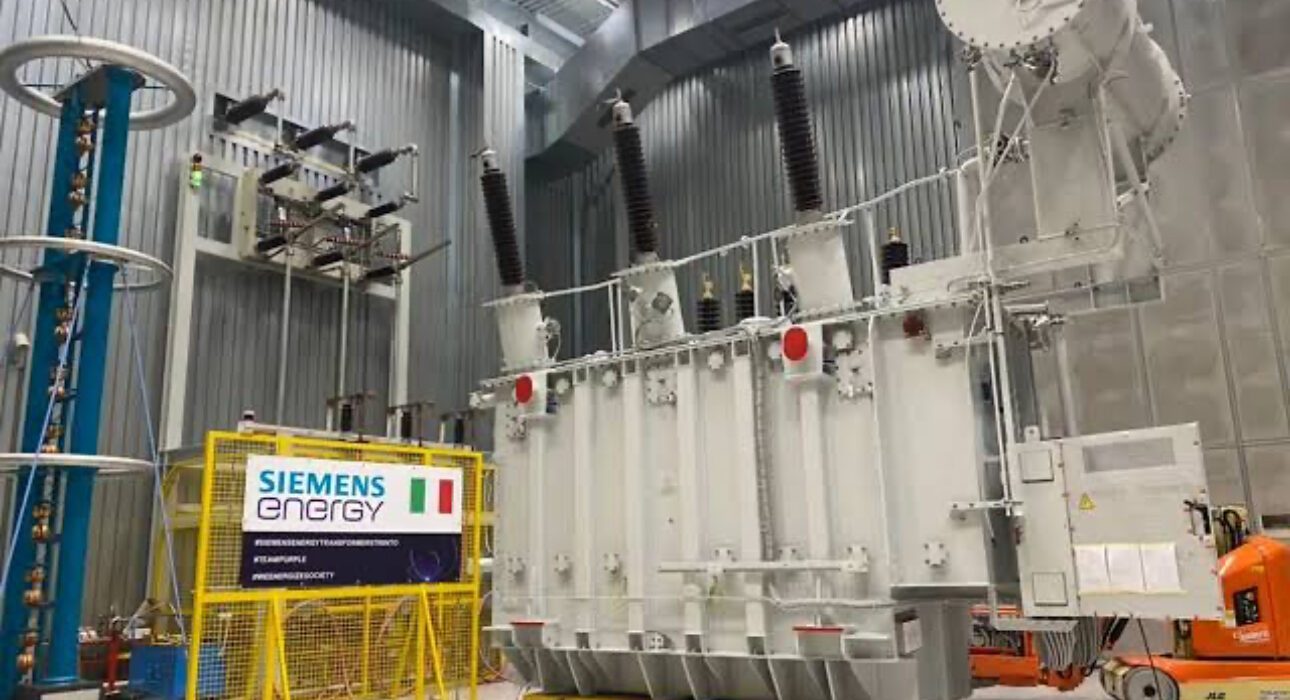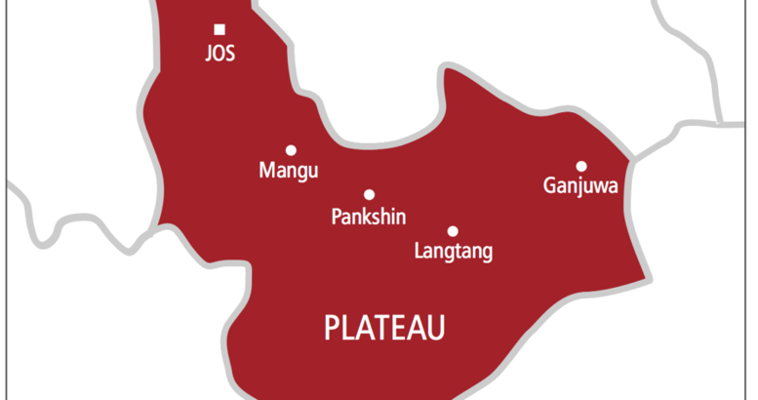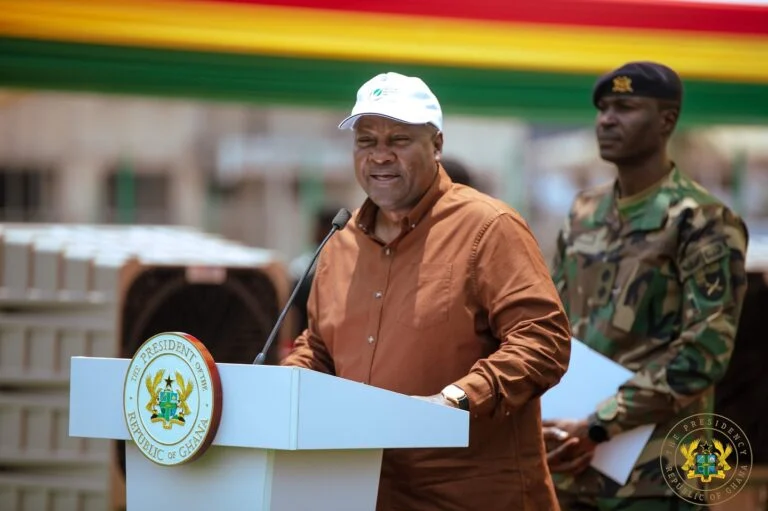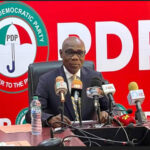Nigeria Begins Phase Two of Siemens Power Project, Targets 12,000MW Injection Into National Grid

The Federal Government has commenced Phase Two of the Siemens-led Presidential Power Initiative (PPI), a flagship project designed to overhaul Nigeria’s electricity transmission network and significantly boost supply.
According to the Ministry of Power, this new phase will see the upgrade of seven existing transmission lines and the construction of ten additional ones, covering about 544 kilometres and with the capacity to carry 7,140 megawatts of electricity. The project is part of a broader plan to ultimately deliver 12,000 megawatts into the national grid, addressing one of the country’s most persistent development challenges.
The Siemens Power Project was first launched under the Buhari administration in partnership with the German government, but gained renewed momentum last year when President Bola Tinubu and German Chancellor Olaf Scholz reaffirmed their commitment during a bilateral agreement at COP28 in Dubai.
Phase One of the initiative, which is nearing completion, focused on quick interventions to stabilise supply. It included the delivery and installation of ten power transformers and ten mobile substations at key grid locations, adding more than 1,300 megawatts in transmission capacity. Equipment has been deployed to sites such as Apo in Abuja, Ajah in Lagos, Nike Lake in Enugu, Okene in Kogi, and Potiskum in Yobe.
Phase Two now expands the scale of investment. Officials say the new transmission infrastructure will not only reduce the frequency of system collapses but also ensure that generated power, often stranded due to poor transmission capacity, can be delivered to homes and industries. The project also aims to improve grid stability, a longstanding bottleneck that has limited Nigeria’s industrial growth and worsened the daily struggles of households.
The Federal Government insists the initiative is being implemented with transparency and efficiency. The Bureau of Public Procurement recently announced cost savings of over $100,000 through renegotiated contracts with Siemens, a move meant to reassure the public of value for money.
Stakeholders in the power sector have welcomed the renewed drive but cautioned that Nigerians are more concerned with actual service delivery than promises. Rising electricity tariffs have already placed a strain on households and businesses, and many argue that the true measure of the project’s success will be consistent and reliable supply across the country.
If executed as planned, Phase Two is expected to be a turning point in Nigeria’s power sector, laying the foundation for future phases that could scale capacity even further. For millions of Nigerians long frustrated by epileptic supply, the hope is that the Siemens initiative will finally deliver on decades of unfulfilled promises in the electricity sector.









